Is K-Lit the new K-pop and K-Drama?
Ever since Han Kang was awarded the Nobel Prize for Literature last year, much attention has been given to Korean Literature, now called K-Lit. The writer was cited “for her intense poetic prose that confronts historical traumas and exposes the fragility of human life." In addition, the prestigious organization stated, “In her oeuvre, she confronts historical traumas and invisible sets of rules and, in each of her works, exposes the fragility of human life. She has a unique awareness of the connections between body and soul, the living and the dead, and in her poetic and experimental style has become an innovator in contemporary prose. Among her works are The Vegetarian, Human Acts and We Do Not Part.”
Han Kang is the first Asian woman to win this award. Her books are written in Korean, her native language, but have English translations.
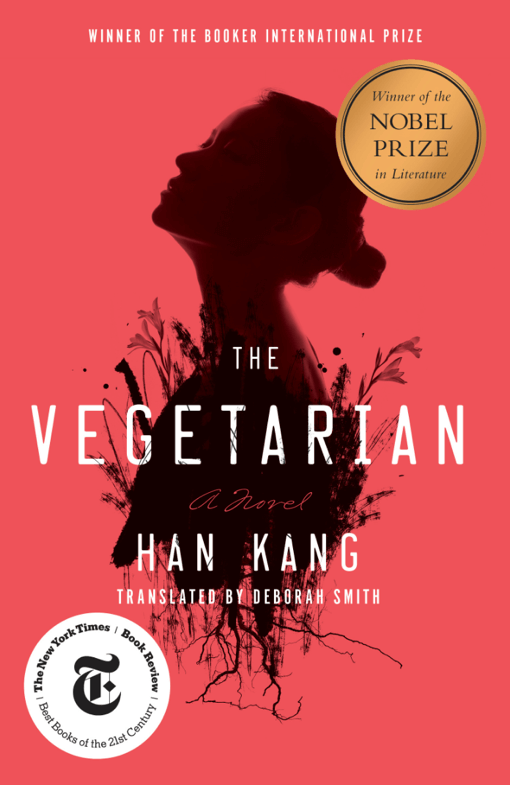
In her speech as she received the recognition, Han Kang looks into the interior of “first-person perspectives,” and of literature as a language that questions purpose, connects humanity, and opposes violence.
She beautifully said, “Ever since I was a child, I have wanted to know the reason we are born. The reason suffering and love exist. These questions have been asked by literature for thousands of years, and continue to be asked today. What is the meaning of our brief stay in this world? How difficult is it for us to remain human, come what may? In the darkest night, there is language that asks what we are made of, that insists on imagining into the first-person perspectives of the people and living beings that inhabit this planet; language that connects us to one another. Literature that deals in this language inevitably holds a kind of body heat. Just as inevitably, the work of reading and writing literature stands in opposition to all acts that destroy life.”
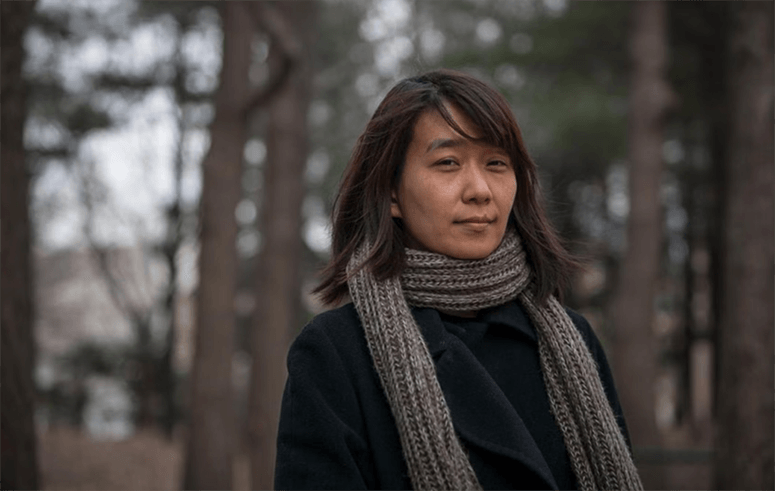
After Han Kang won the Nobel Prize, there was a “reading boom” in Korea with book sales (especially her work) going through the roof. Sales of her books alone went over the one-million mark. Publishing houses and bookstores could not keep up with the demand.
I have read The Vegetarian (winner of the Man Booker International Prize), Han Kang’s most famous work. It is not for the faint-hearted or those with a rigid mindset, as it brings you into the unexplainable world of mental illness.
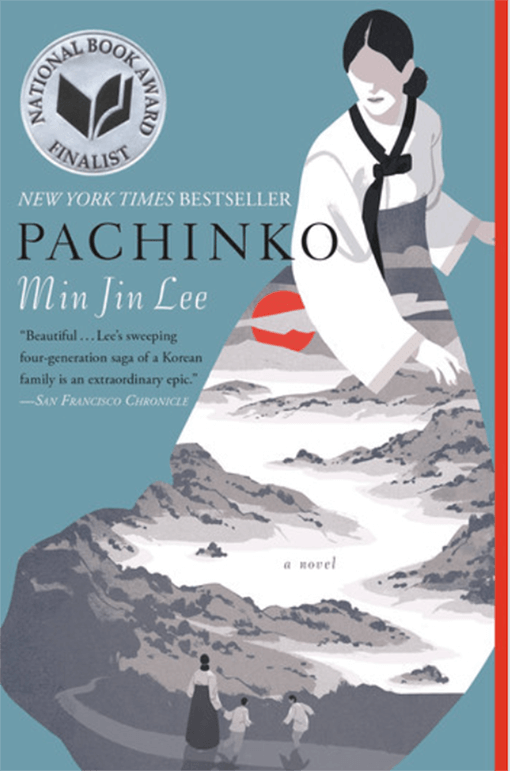
The Vegetarian is about the slow unraveling of Yeong-hye, the book’s central character. The book is divided into three personal perspectives: from her husband Mr. Cheong, to her artist brother-in-law, to her sister In-hye. I myself didn’t know how to feel after reading the celebrated author’s book. But then, that is not the point, right? Not all stories have a happy ending, with all storylines neatly tied up. Like life, literature can be messy, complex, with no explanations or justifications. It just articulates what is. The Vegetarian was adapted into a movie in 2009.
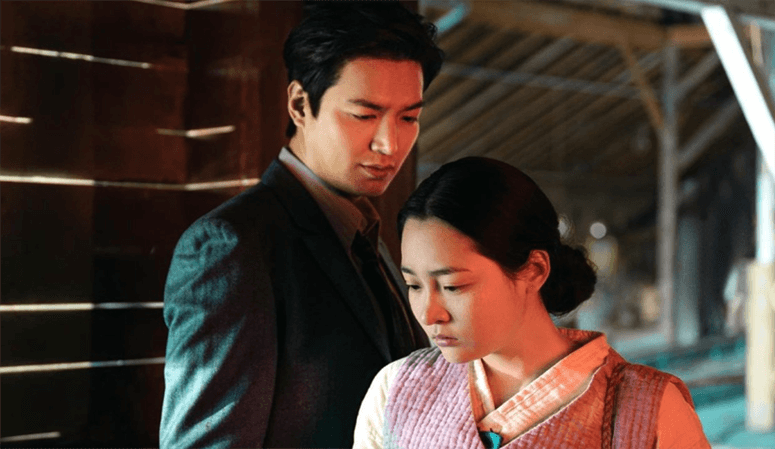
For non-readers and K-Drama lovers, the good news is that K-Lit has been made into dramas. Pachinko by Min Jin Lee is a book about Koreans who migrate to Japan and experience all sorts of hardships due to discrimination. It was included in New York Times Top Ten Books of the Year, and was a National Book Award finalist. The K-Drama stars Kim Min Ha and heartthrob Lee Min-ho. It is a historical fiction series that spans four generations of Koreans who have lived in Japan with a lost sense of identity, neither feeling Korean nor Japanese. I read the book and watched the drama on Apple TV. Both were as spectacular as they were moving. The actors brought the characters to life, and their pain and triumphs were truly heartwrenching. A third and final season of the series is expected to be released this year.
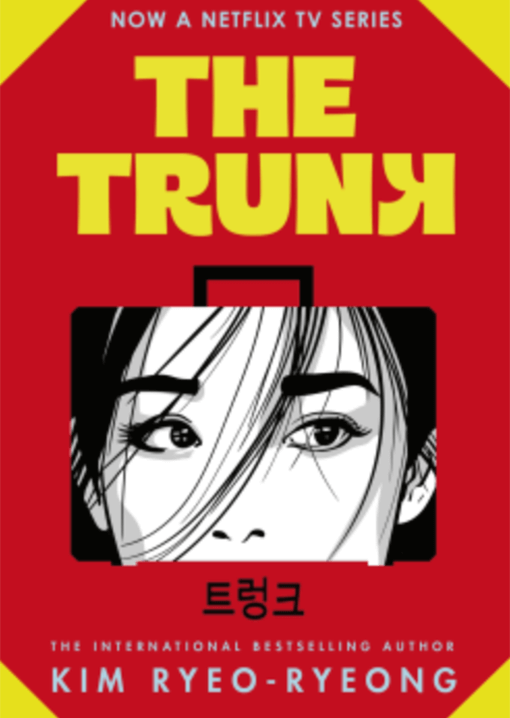
The Trunk is a novel by Kim Ryeo-ryeong about a secret temporary marriage service that provides “wives” and “husbands” to wealthy clients. They sell what are called contract marriages. The book was adapted into a K-Drama which debuted on Netflix last year, starring Gong Yoo and Seo Hyun Jin. I didn’t get to read the book but watched the series which had a mysterious vibe that included manipulation and violence. It’s also a convoluted love story between the main character and the contract wife. Kim Ryeo-ryeong is also the author of the best-selling book Kim Ji-young, Born 1982, which was made into a multi-awarded movie, starring Gong Yoo as well.
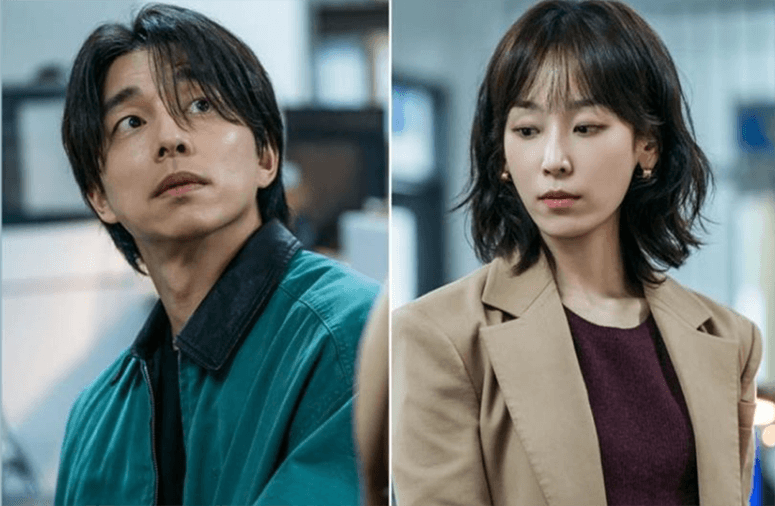
There are acclaimed Korean novels which have been made into movies and dramas such as: Dogani by Gong Ji-young, Princess Deokhye by Kwon Bee-young, Painter of the Wind by Lee Jung-myung, among many others. If you want to start reading Korean literature and are open to suggestions, go to the TikTok account of writer Jinwoo Park, who recommends Korean books and gives a synopsis of each.
It is said that following Han Kang’s Nobel Prize win, K-Lit is now considered the new wave of Korean cultural export, aside from Kpop and K-Dramas. There is a significant surge in K-Lit’s international popularity, with a substantial increase in readership and global recognition of Korean authors. K-Lit is the newest addition of the Hallyu wave, and is, indeed, welcome—as we devour Korean culture in a new form.


